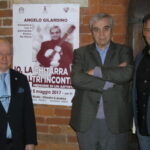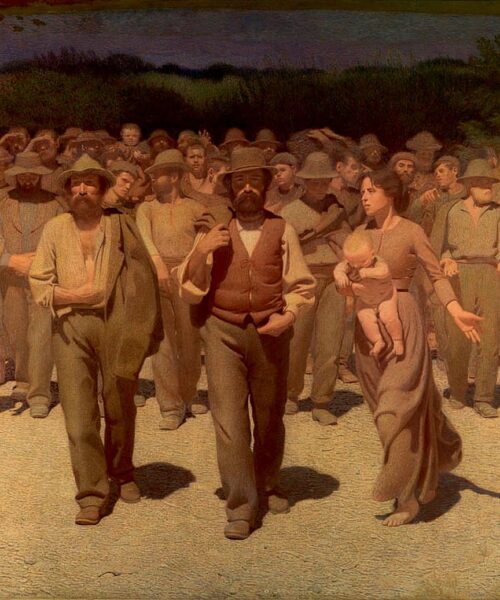In the digital age, at a time when information flies as fast as a click, it might seem surprising how vital the need to read is, to lose oneself among the lines of a book. But it is, profoundly so. Reading is a practice that enriches the mind and soul, connects us to stories and ideas, unveils truths, and allows us to explore new worlds. Here’s why.
Fantasy novels, for instance, are much more than mere escapism from reality. They allow us to navigate in universes where the impossible becomes possible, where magic exists, and ordinary rules don’t apply. These books broaden the boundaries of our imagination, teach us to think beyond the confines of the everyday, and remind us of the power of infinite possibilities.
Historical novels, on the other hand, provide us with a tangible connection to the past. Through them, we can relive bygone eras, understand the choices and challenges of those who came before us. These books allow us to reflect on human nature and history itself, providing us with a broader perspective on our existence in the present.
Novels with strong psychological undertones, open a window onto the human soul. They offer us a deep understanding of the motivations, desires, and fears that move the characters. Through these narratives, we can better understand ourselves and others, developing empathy and introspection. Books on philosophy, politics, or other disciplines, while they may seem challenging, are fundamental for intellectual growth. They stimulate us to think critically, question our beliefs, engage in discussion and reasoning. They provide us with tools to better understand the world around us, and push us to become more aware and participatory citizens.
Obviously, the list of genres and categories is long and varied, each with its own peculiarities and benefits. Biographies, poetry, scientific essays, mysteries, science fiction… Every genre has its charm and value, contributing to creating a rich and complex fabric of experiences and knowledge.
But how can we develop this precious habit? The answer is simple: from an early age. The passion for reading is cultivated in childhood, and the school plays a crucial role in this. It should not impose readings, but rather suggest, guide, and, above all, teach the pleasure of reading. After all, it’s not just about learning to decipher words on a page, but discovering the pleasure of losing oneself in a story, traveling with the mind, living lives different from one’s own.
Teaching children the value of reading means bestowing upon them an invaluable gift: a window to the world, a tool to understand themselves and others, a safe refuge in difficult times, a continuous stimulus to curiosity and learning.
In conclusion, reading is an art. It not only enriches us as individuals but also makes us more empathetic, more aware, more open to the world. Whether it’s a fantasy novel, a philosophical treatise, or the biography of a historical figure, every book has something to offer us. And like every art, it deserves to be celebrated, cultivated, and shared.












